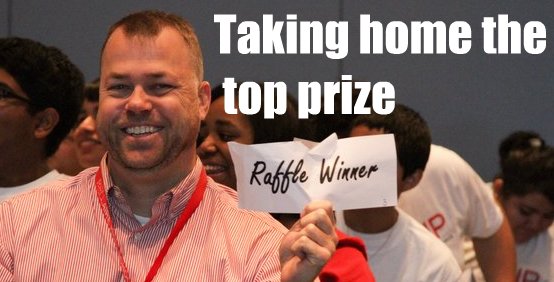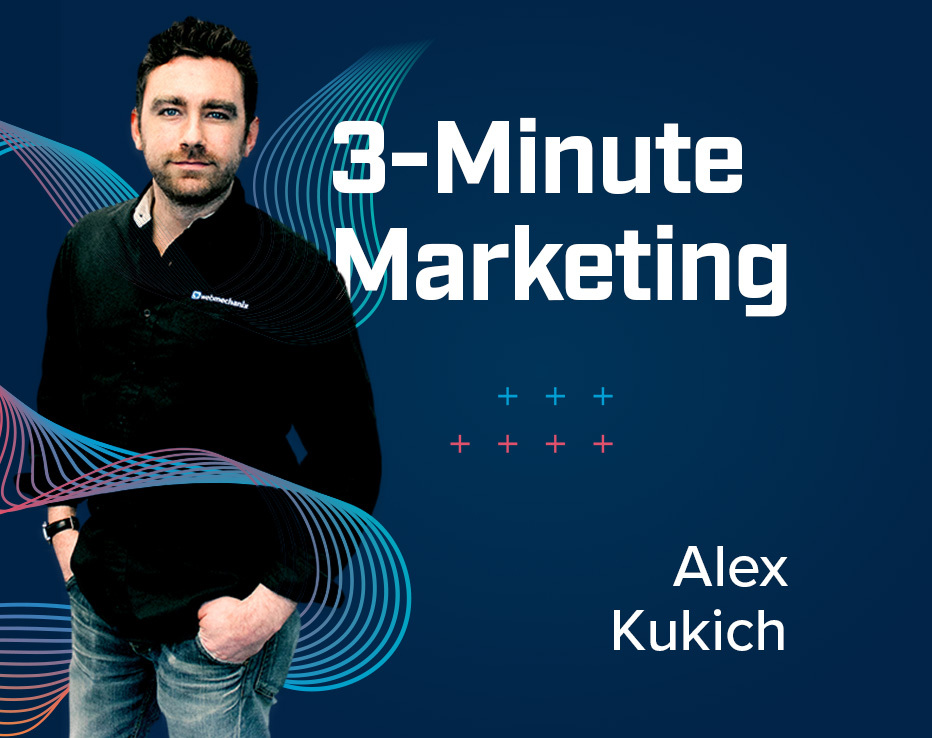
Weekly Five: Which Search Engine Won the Gold and Avoiding Defensive Brand Name Registration
Here are the top 5 internet marketing stories the WebMechanix team came across the past week.
Which Search Engine Gets the Gold for Olympic Coverage?

Search for “olympics” on Google, and a knowledge graph box displays medal counts for the top 5 countries. Yahoo! one ups Google, by adding even more information including the top 9 countries (instead of 5) and a link to the complete medal counts for all countries.
The only loser out of the bunch is Bing, which requires users to search specific queries (outlined on a separate page) to get the information Google and Yahoo! presents immediately.
Link: http://searchengineland.com/olympics-medal-count-info-128855
Search Rankings Have A Significant Effect on Brand Value
Brands that appear “above the fold” in search engine rankings have a significant effect on brand awareness. A recent study revealed that a brand shown above the fold in search results experienced a 30% increase in brand awareness, while a brand appearing above the fold in PPC ads received a 20% increase. Conversely, brands appearing below the fold suffered a 20% drop in brand awareness.
Brands appearing above the fold also enjoyed a 20% a lift in both perceived quality and user intent to purchase for appearing above the fold in universal and PPC results. These numbers suggest that it is highly beneficial for companies to run PPC campaigns alongside their SEO efforts in order to further expand brand domination and increase sales.
Critic of NBC Olympic Coverage Suspended from Twitter

According to Twitter, his account was suspended for posting a “private” email address belonging to NBC president, Gary Zenkel. Posting “non-public, personal email addresses” is a direct violation of Twitter’s policies. However, Adams posted Zenkel’s corporate email, which he claimed was public because he found it with a basic google search.
As a sponsor of the Olympics, has Twitter made an exception to its own rules? Or should a corporate email address, readily available online, be considered private?
Link: http://searchengineland.com/nbc-olympic-executives-email-wasnt-widely-available-in-google-128973
Using Email Marketing? Don’t Send During Work Hours
A recent study has found that email open and click-through rates drop significantly during work hours. The trend found that click rates begin to decline at around 6 AM, hitting their lowest point around noon. Around 4 PM, open rates steadily begin to rise, hitting their peak between midnight and 3 AM.
Email open rates followed a similar trend, dropping through the work day and rising in the evenings to a midnight high of approximately 18%. Open rates were found to be highest around the beginning of the week, while clicks were more scattered throughout the week. These recent findings suggest that certain businesses advertising their services with email marketing may want to send their email blasts after normal business hours for maximum market penetration.
A Lesson on Defensive Domain Name Registration

This article explains how most cases of pre-emptive domain name registrations have been shown to offer very little ROI, yet they can add significant costs to the organization. Stockpiling these domains often proves a meaningless effort, especially as URL value continues to erode.
So, while some companies are comfortable spending more than $200k to secure new TLDs, you should feel safe in knowing that there are far more cost effective measures to boost brand awareness and improve your organization’s value.
Most newsletters suck...
So while we technically have to call this a daily newsletter so people know what it is, it's anything but.
You won't find any 'industry standards' or 'guru best practices' here - only the real stuff that actually moves the needle.






